“I knew, ever since it got selected that it will somehow change my life.”
It wasn’t only Sonny Calvento‘s life that has been changed when he received that e-mail from Sundance International Film Festival informing him of his short film’s acceptance to the lineup.
As a piece of storytelling, Excuse Me, Miss Miss Miss has ultimately made history as the first Filipino film to be featured on the global stage set by the prestigious festival. More importantly, it has changed the lives of viewers, albeit small or fleeting, whose eyes have been opened to the serious and ongoing issue of contractualization in the Philippines captured through the short film.
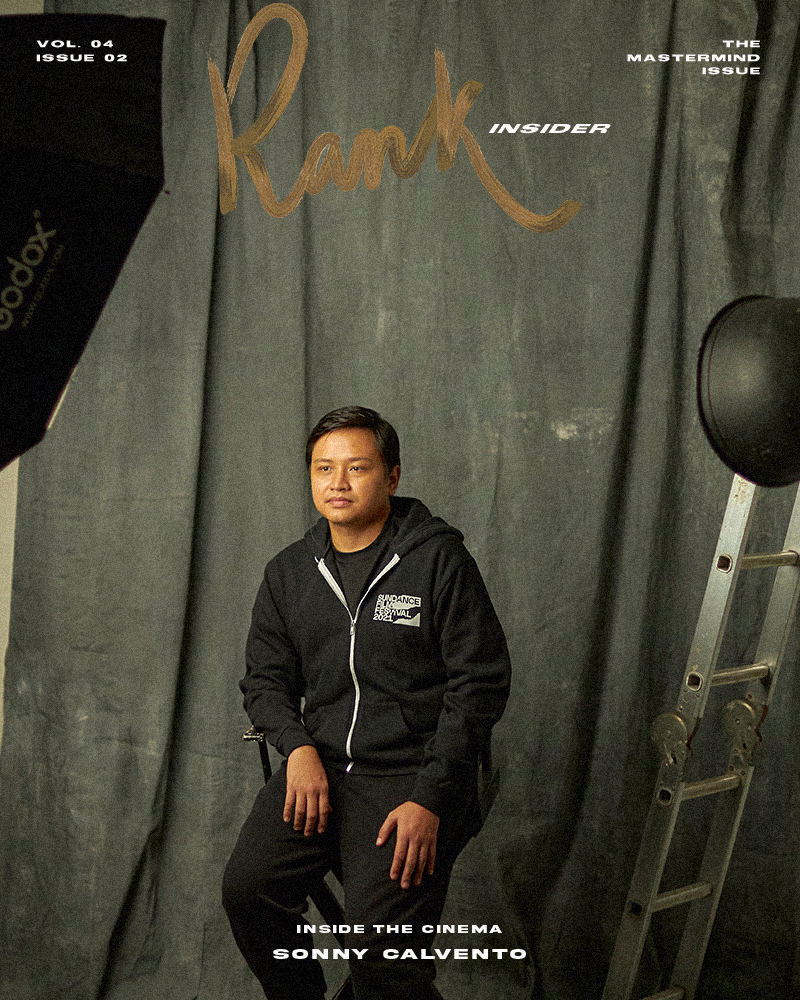
Excuse Me, Miss Miss Miss is a biting depiction of the plight of contractual workers in the country, using classic Filipino comedic lens to bring light to the issue in a satirical and easy-to-digest manner. As audiences laugh and giggle at the main protagonist’s antics to get regularized, it quickly simmers down to raw contemplation when the credits start rolling, and they realize just how truly impossible the entire situation is. Even worse, how close to reality its core story is–when you strip away the comic absurdities of the film.
As a filmmaker, Calvento opens up that the short was a product of his growing discontent over his craft throughout the past few years, noting how the film was a manifestation of his own exploration:
“I want to find who I really am, kung ano ba talaga yung boses ko as a filmmaker. This was one of my experiments.“ (I want to find who I really am, [and] what I’m trying to say as a filmmaker. This is was one of my experiments.)
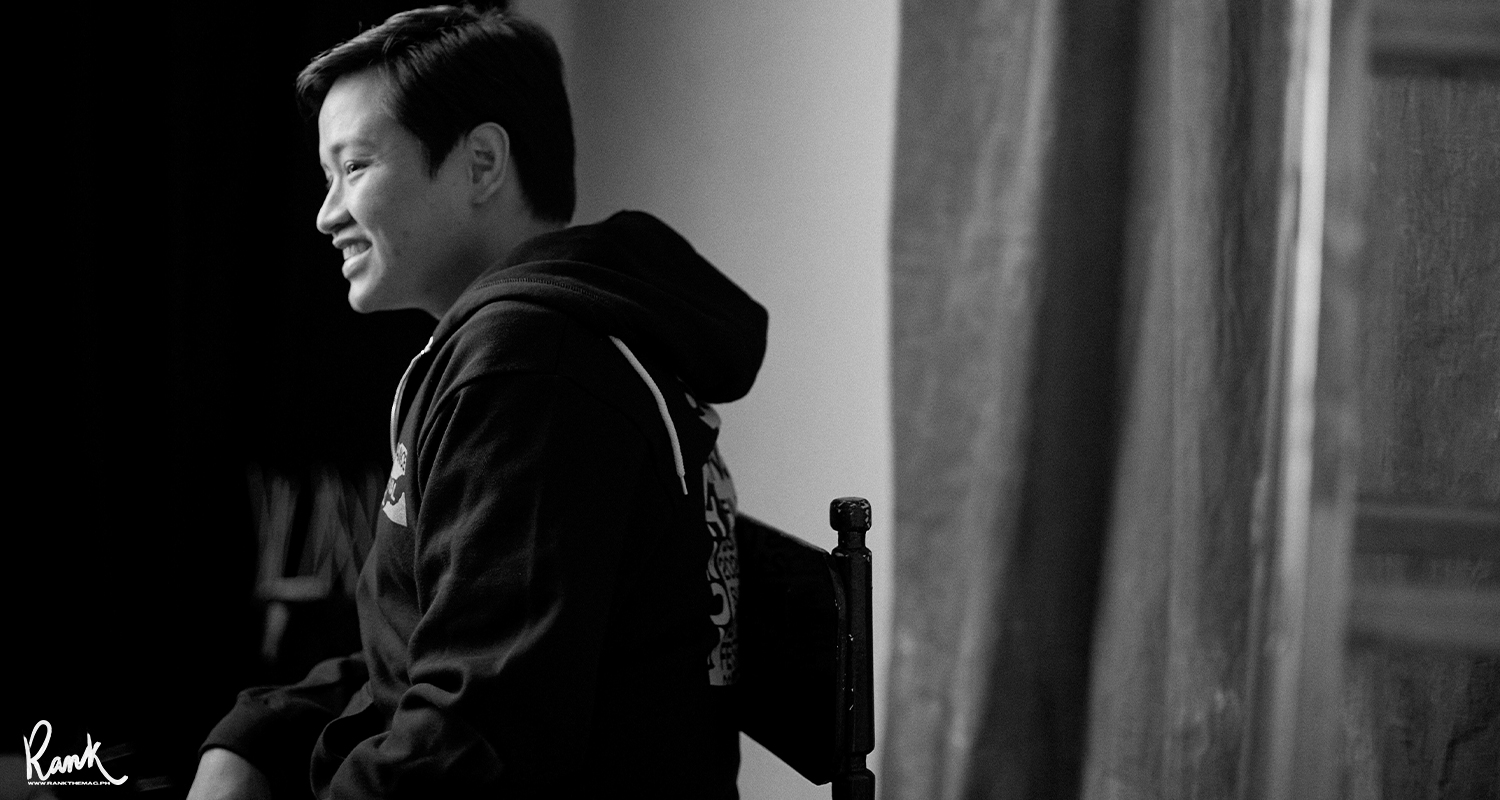
Sonny Calvento
Photographed by Rxandy Capinpin
But the “experiment” didn’t stop at inner reflections alone. As Calvento puts it, he specifically wanted to explore a new way of comedy—one that highlights the social voice more, and one that has something to say.
As the best-selling genre in the Philippines, he wanted to play around with using comedy films as a reflection of truth, despite its absurdity. Zeroing in on Excuse Me, Miss Miss Miss, the young filmmaker wanted viewers to realize how long the issue of contractualization has been going on in the Philippines, with no real action towards fundamental change in the system that would genuinely benefit the employees currently suffering from it.
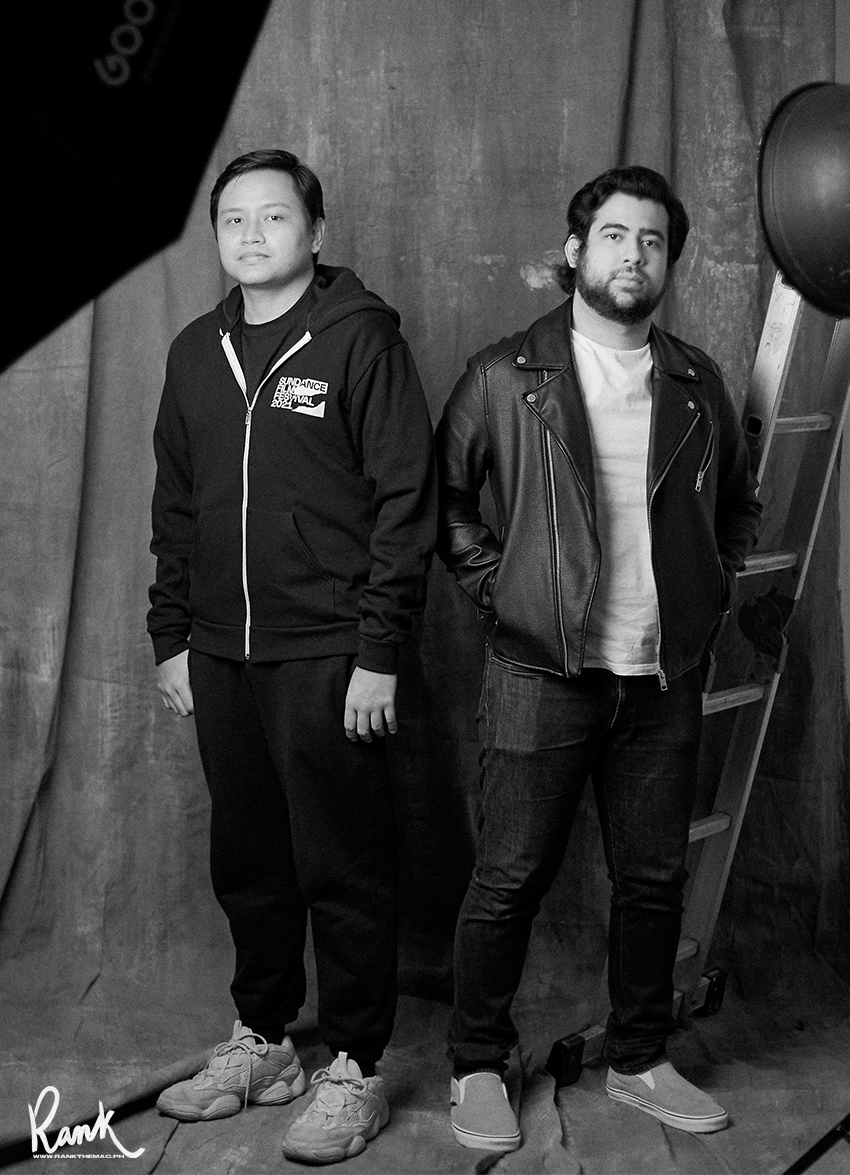
Filmmaker Sonny Calvento and actor Bob Jbeili
Photographed by Rxandy Capinpin
However, in Calvento’s “new way of comedy,” he stresses the importance of grounding his humorous story to the truth. And in this case, as the truth is wholly reflective of the unfair system plaguing contractual workers in the real world, it may not necessarily be what we want to see as an audience from a film that’s labelled as comedy. But Calvento is adamant in pushing the story with raw integrity, accepting his role as a filmmaker in presenting it to his audience in this way, and this way alone.
“‘Yun yung totoo kasi eh. Na parang no matter how dark it is, no matter na it ended on a negative light… Parang ako I wanted to insist na—’yun yung truth natin ngayon eh. Hindi naman dapat filmmaker yung bumabale nung truth, dapat mga tao. Dapat totoong buhay yung bumabale dun sa truth. Na kung gusto nila ng better ending, then everyone should do their part in addressing the issue.”
(“But that’s the truth. That no matter how dark it is, no matter if it ended on a negative light… For me I wanted to insist that—we are faced with this reality. It shouldn’t be the filmmaker who changes this truth, it should be the people. It should be real life that changes this truth. If they want a better ending, then everyone should do their part in addressing the issue.”)
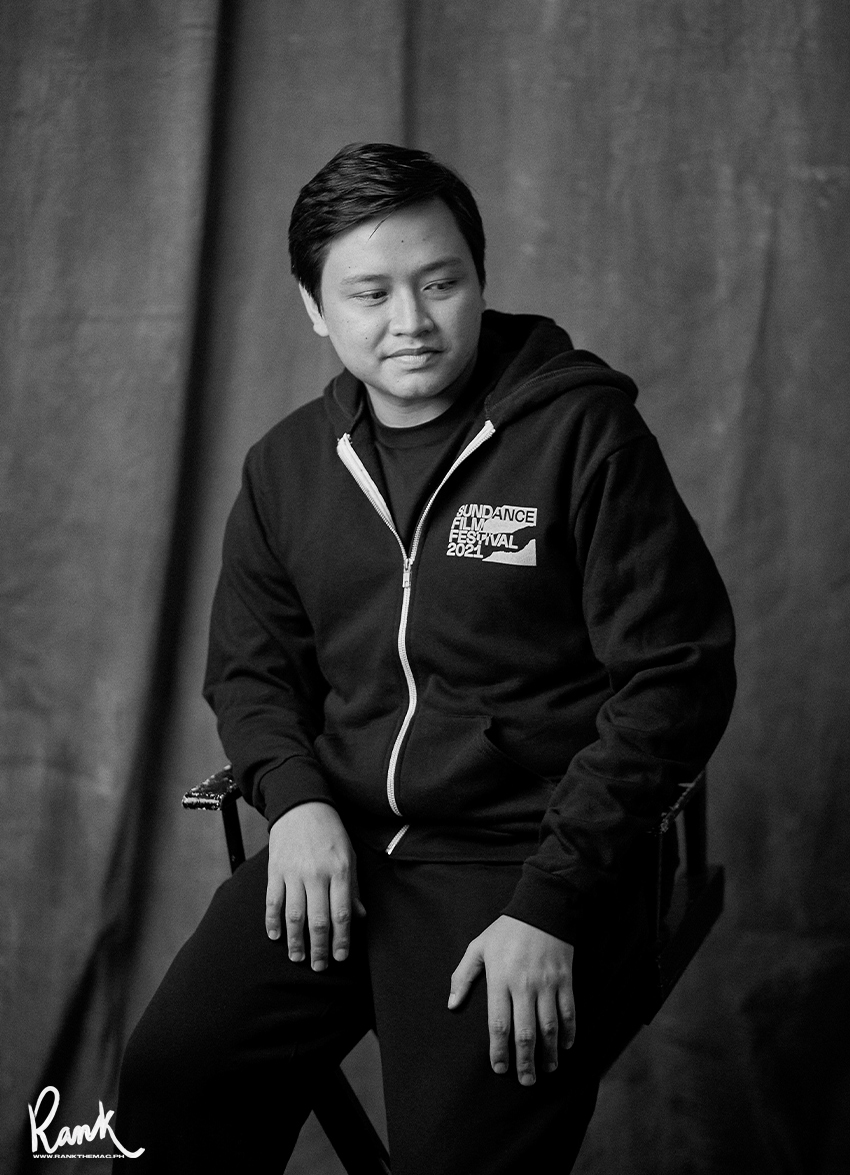
Sonny Calvento
Photographed by Rxandy Capinpin

Bob Jbeili
Photographed by Rxandy Capinpin
And address the issue, he did. In his own expertise and craft, Calvento did his part in sparking conversations around the issue in the hopes of one day leading to an answer and conclusion to this decades-old problem. In the mean time, at the very least, not only was it a cause for celebration that Filipino storytelling has hit its mark successfully again with well-written and well-executed films, and it took this 15-minute film to showcase this social issue on a wider, more global audience, hoping that with a platform as big as the Sundance International Film Festival, this won’t fall on deaf ears.
With this, we ask again: what is the role of film and storytelling in society?
Calvento believes it’s the ability of stories to open minds. He says, “Films definitely can’t change the world. But it can, at least, raise awareness about what’s happening, especially in our country.”
But in a country as plagued as the Philippines in terms of societal issues, there remains to be a plethora of stories and conversations that still needs to be told. To accomplish this, though, the film industry first has to traverse a road full of challenges—new and old—in the name of powerfully authentic storytelling.
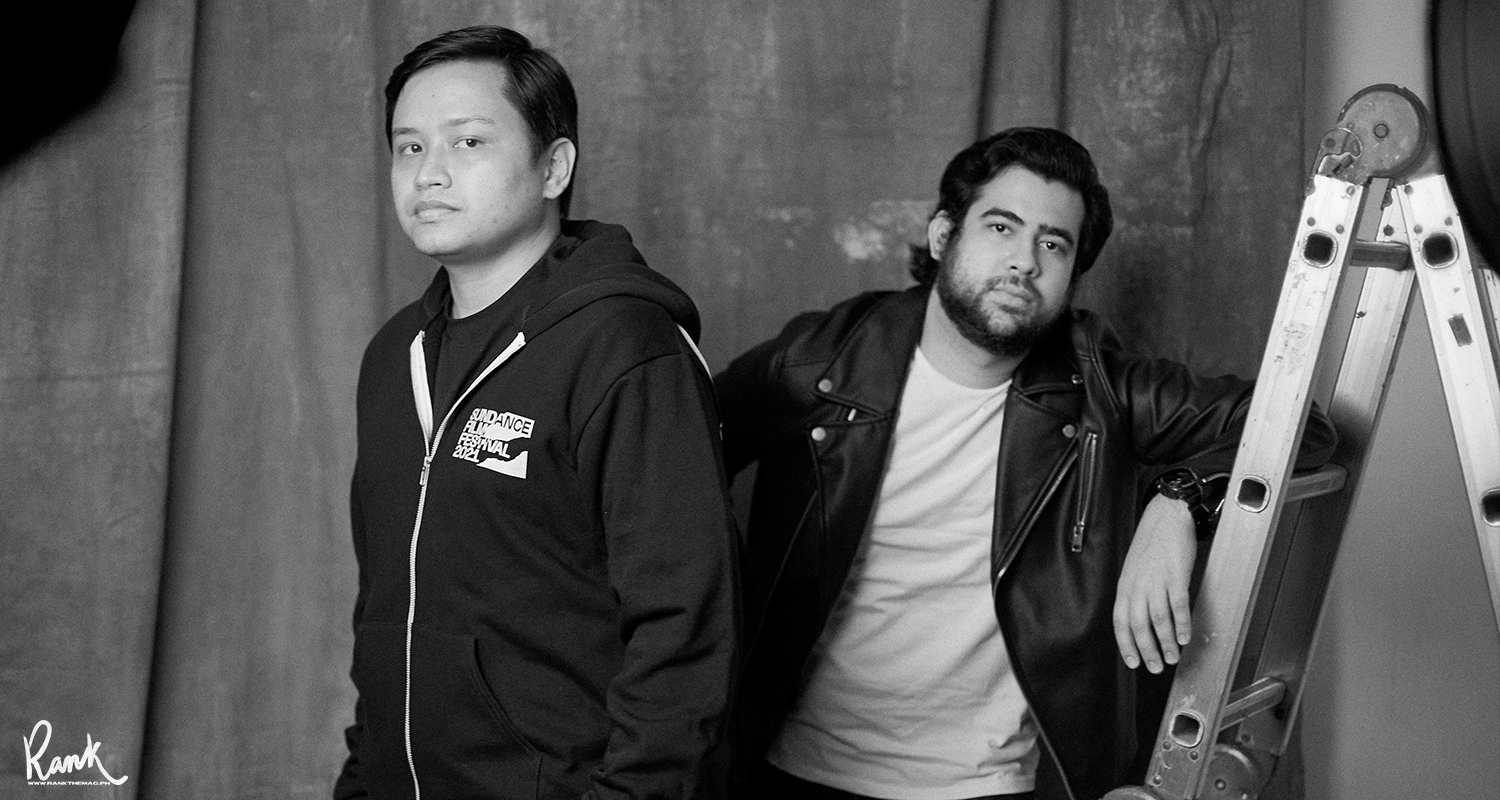
Photographed by Rxandy Capinpin
At the core of it, is the fear of companies to invest on “risky” stories depicting the harsh truths of our society. Although in recent years there’s been a lot of developments in this matter, a lot of concerns still burden the community, according to Calvento, especially with the sudden absolute shift to digital.
“I think it’s going to test us. But I’m very proud that production companies still produce content.”
Emphasizing the issue, Calvento shared that the pandemic has forced the film industry to work around the distractions of social media while streaming, piracy, and the lack of good Internet connection for most Filipinos—things that have undoubtedly radicalized the way we consume film as a country.
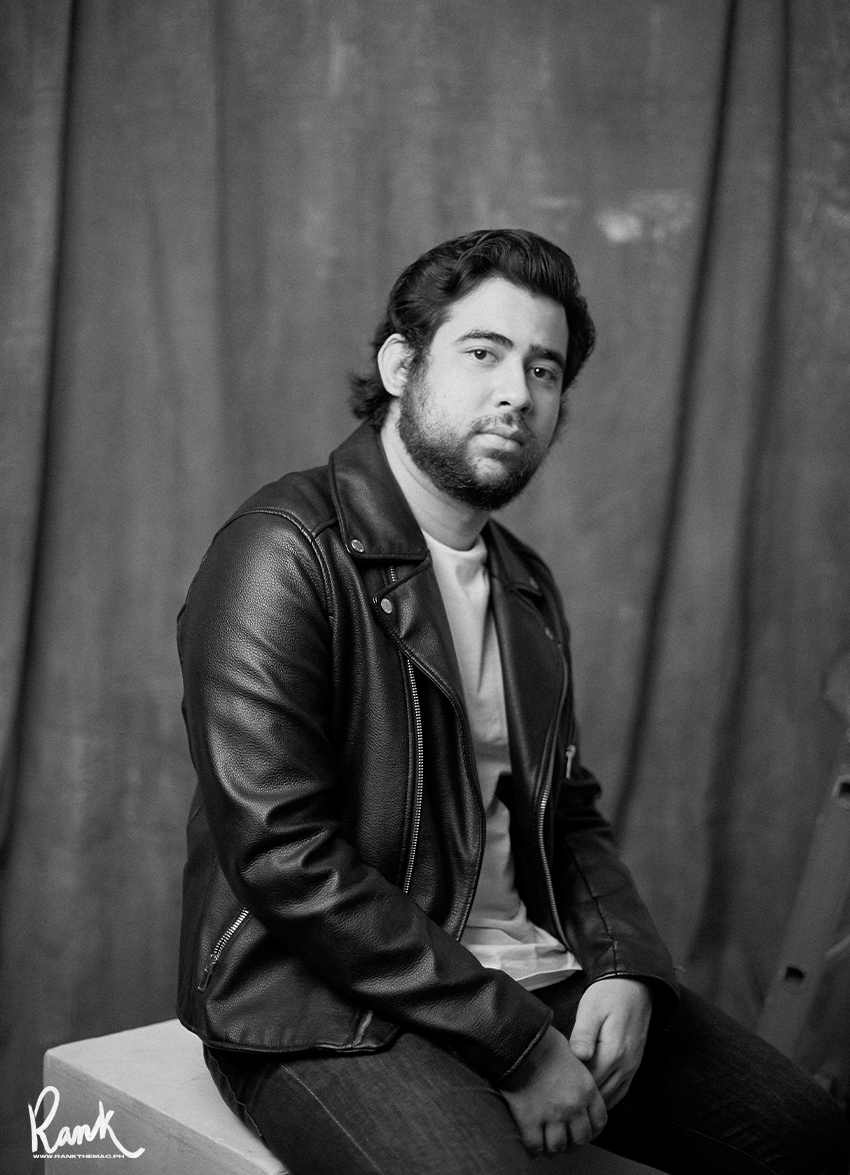
Bob Jbeili
Photographed by Rxandy Capinpin
These concerns are also piled on top of the already-existing challenge within the industry to innovate in storytelling, and to stop the cycle of fear surrounding the “new” and the “unconventional.”
As he puts it, companies are often wary of investing on things that are different in fear of shelling out more than what the film will earn (which presents costing problems in wages, operations, etc.), resulting to producers and directors settling in their comfort zones to follow trends and conservative content. Hence, our rich local collection of romances, comedies, and romantic-comedy hybrids.
This is why Calvento stresses the need for new voices in film, encouraging aspiring filmmakers to pursue their passion, and tell these important stories in their unique way:
“If this is really your passion, you should fight for it. Never stop fighting for it. Especially now that we experience a lot of oppression. It’s more important to be a filmmaker right now, when people are depressed and only have films to comfort them.”
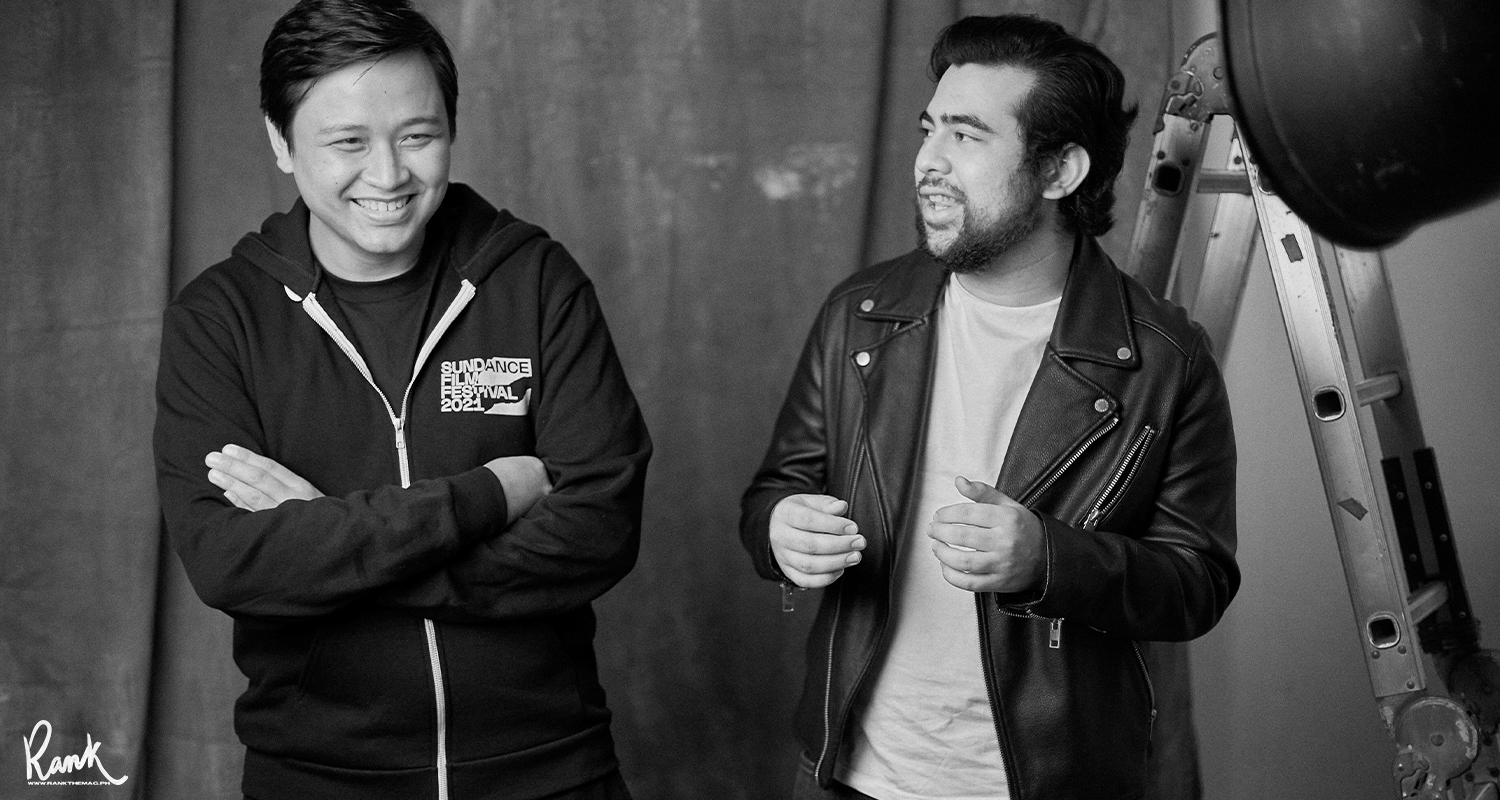
Photographed by Rxandy Capinpin
With new and seasoned filmmakers inspiring each other to create and experiment more, the road to have more films like Excuse Me, Miss Miss Miss coming to the fore is worth looking forward to, in hopes of being vehicles that open conversations regarding so-called “difficult” and “risky” issues. And with more unconventional pieces of storytelling out there, the audience, on top of being more aware, will also grow to be more accustomed with stories outside purely romance, comedy, thriller, horror, and the like.
As filmmakers continue their journey of exploration in storytelling, so will the rest of us.
With additional text by Leo Balante
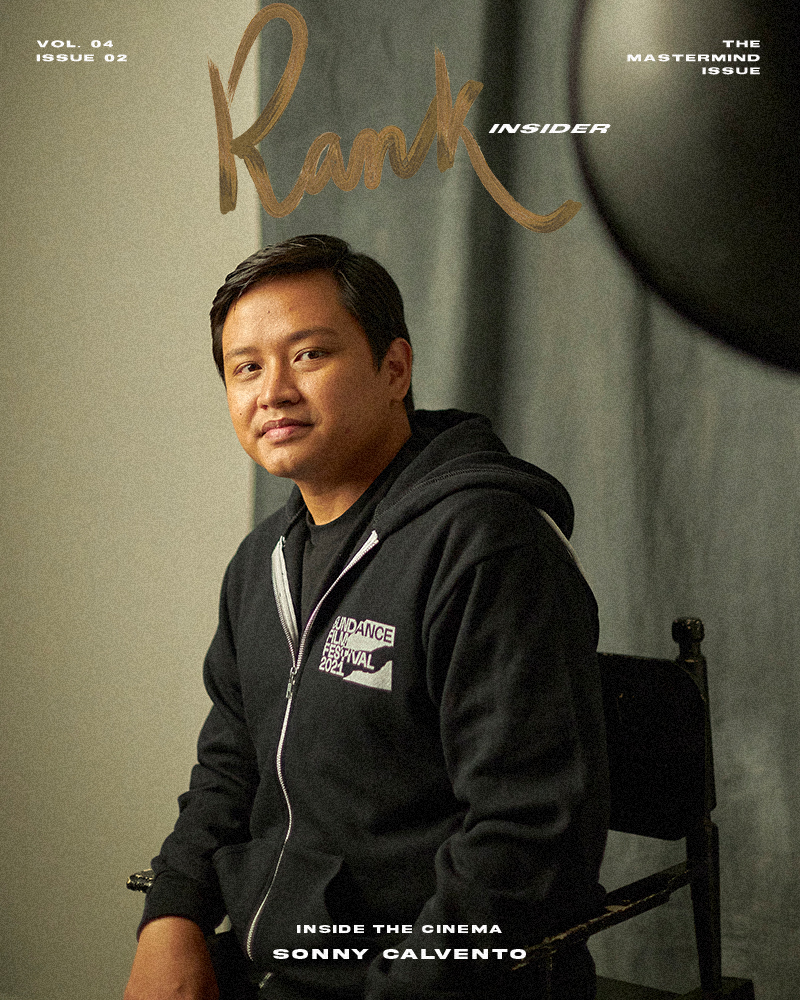
Produced and Interviewed by Leo Balante
Photographed by Rxandy Capinpin
Video and shoot assistant: Bhernn Saenz
Shot on location at the RX Studio


